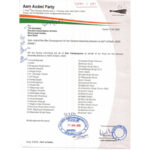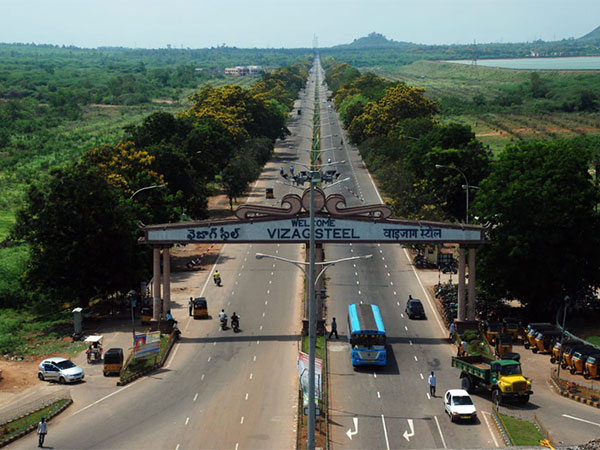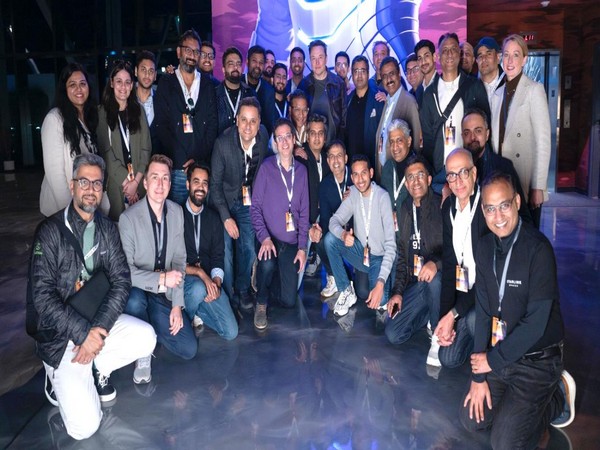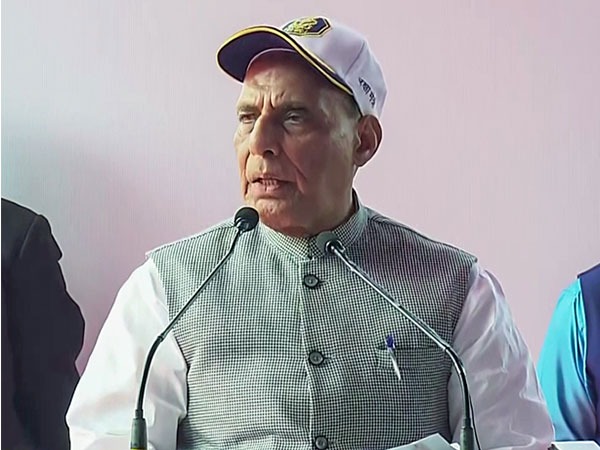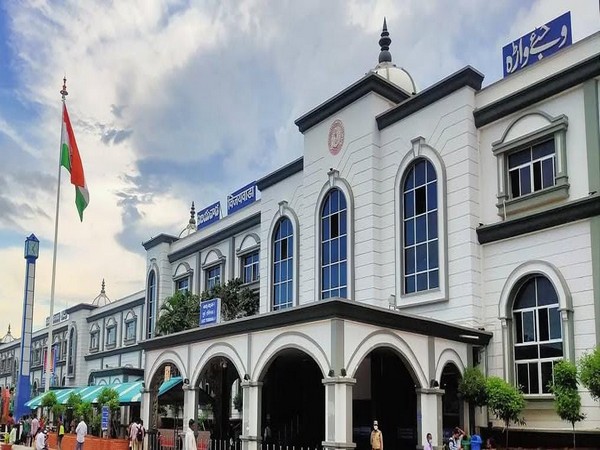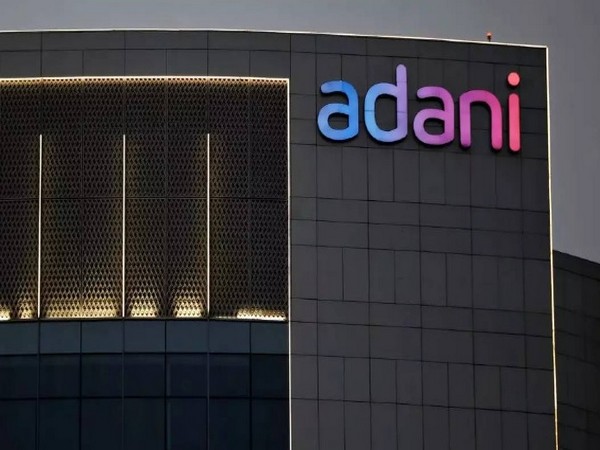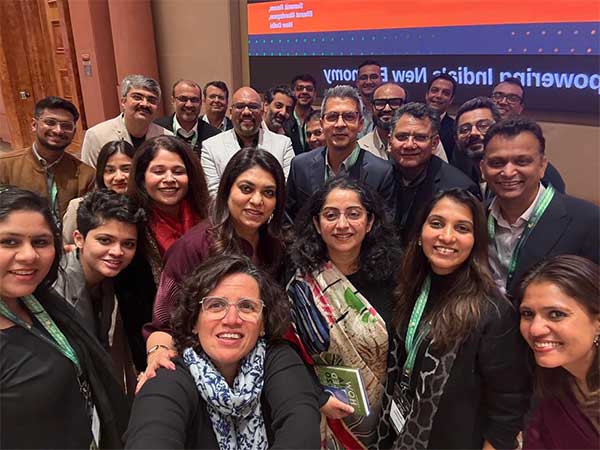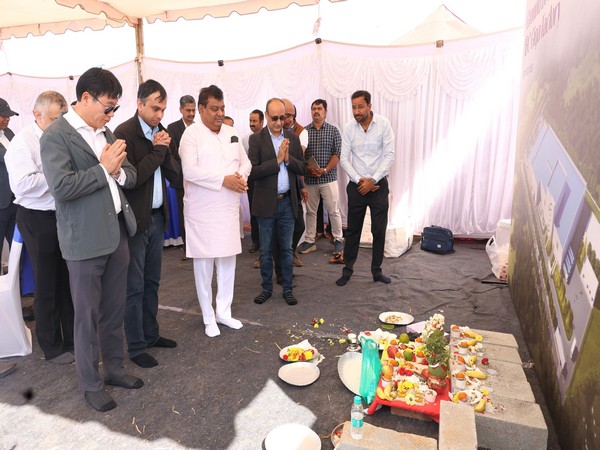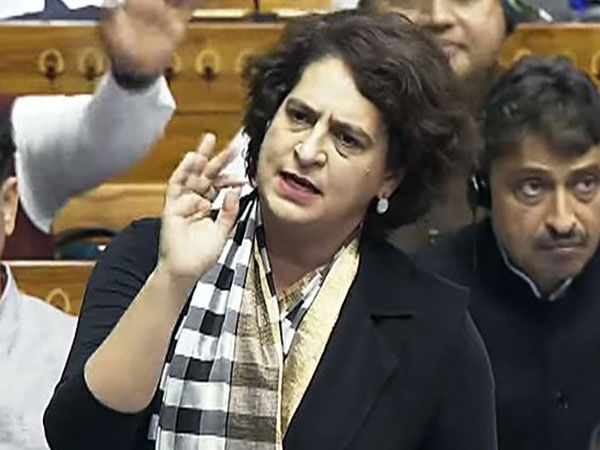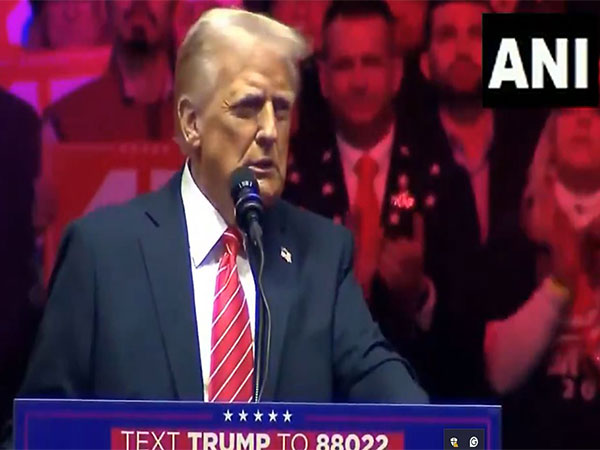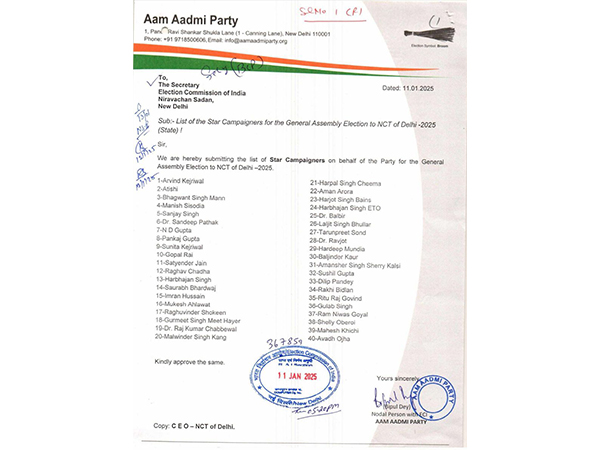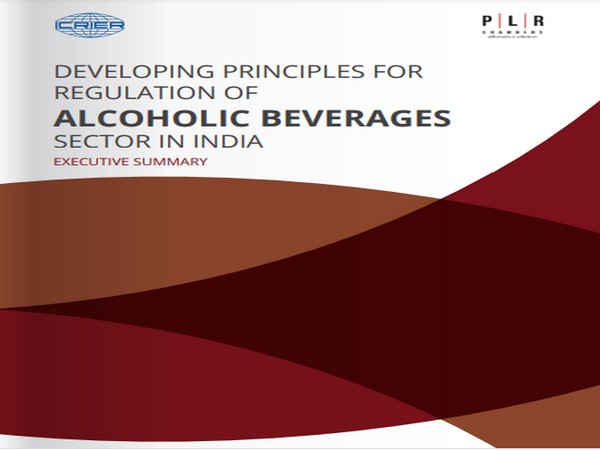
New Delhi [India], Aug 16 (ANI): India is one of the fastest growing alcoholic beverages markets globally with an estimated market size of 52.5 billion dollars (about Rs 3.9 lakh crore), the Indian Council for Research on International Economic Relations (ICRIER) has said.
The market is expected to grow at a CAGR of 6.8 per cent till 2023, it said. The industry contributes to around 15 lakh jobs.
ICRIER said over 70 per cent of the growth in alcoholic beverages consumption in India in the next decade will be driven by the lower middle and upper middle-income groups, and there is a growing trend towards product premiumisation.
The sector is open to foreign investments and many states offer subsidies for local manufacturing (like Maharashtra and Karnataka for wines).
From the demand side, said ICRIER, factors such as rapid urbanisation, changing consumer preferences and a sizeable and growing middle-class population with increased purchasing power have contributed towards
growth in demand for alcoholic beverages.
The number of people consuming alcohol increased from 21.9 crore in 2005 to 29.3 crore in 2018 and is projected to increase to 38.6 crore by 2030.
The share of the upper-middle income group in alcohol consumption has increased steadily from 7 per cent to 21 per cent and is expected to increase to 44 per cent by 2030.
Alcoholic beverages are among the top three sources of revenue earning across most states.
Yet, said ICRIER, there seems to be a lack of transparency, predictability and clarity in the tax regime to ensure that revenue earning objective is aligned with other objectives of the government like ‘Make in India’ and exports from India.
The governance and pricing models for alcoholic beverages vary widely across the states. The states
through their excise policies, control the entire supply chain of alcoholic beverages from manufacturing and distribution to registration and retail.
ICRIER said there are frequent and ad-hoc changes in these policies, creating uncertainty and preventing manufacturers/distillers to plan their investment.
Hence there is need for adopting clear and predictable policies, develop data-driven models and technology interventions.
The government should focus on phased tariff and other duties reduction and Indian companies should be
encouraged to export to improve the trade balance. Duty reduction for intermediate products can enhance
value addition in India and boost domestic manufacturing potential.
This can help India in bringing in more investments into the sector, encourage innovation, improve ease of doing business, increase domestic manufacturing capabilities and enhance exports, said ICRIER.
(ANI)

